
April 19, 11 p.m. in Calif., Taylor Swift caught the whole world by surprise and half-confirmed her most committed fans’ theories that her anticipated 11th studio album, “The Tortured Poets Department,” was a secret double album. Announced and released two hours after the initial album release, Swift’s “Anthology,” gave the world 15 new songs.
This album may be far from Swift’s magnum opus, but it has delivered exactly what fans were hoping for. It is a continuation of her musical niche, a unique mixture of pop music and self-loathing.
What made this second album more interesting was the decision to predominantly feature a different music producer. Swift is known for her repeated partnership with two producers; for her upbeat pop music she often works with synth-loving Jack Antonoff and in her more folk-inspired existential music she works with Aaron Dessner.
Many listeners, fans, and haters alike, have criticized Antonoff for his producing choices on Swift’s recent “Taylor’s Version” re-recordings. The argument is that he’s drowned out the initial power of her vocals and is replacing it with his production-heavy influence.
The Anthology, being mostly influenced by Dessner, saved the album from becoming too sonically repetitive. Certain songs on the original album, like “I Can Do It With a Broken Heart” and “Down Bad,” both produced by Jack Antonoff, have similar sounds, which would have gotten old quite quickly.
Instead, the songs now have space to breathe so the listener can tune into some of the highest points of the album, from the beginning with “So Long, London” and “loml” through “Peter” and “The Manuscript.” Most fans agree the choice to bring Dessner into the extended project was a good one.
“Aaron Dessner if you ever need a kidney you have my number,” X user @Shayvswift said in a viral post.
Numerous reviews have said that this album is “self-indulgent” in its “abundance.” To that, I would argue that all art is self-indulgent, which is the way it should be. Writing and creating music should be done for oneself, not out of expectation for the public’s reaction, for is this not the exact quality that makes one a true poet? this is the quality of true poets. .
“The Tortured Poets Department” gives the feeling that it was equal parts cathartic and nostalgically healing for Swift to create. Fans will appreciate that fact, but the general public may not.
That is not to say the album lacks weak points. For me, these exist when Swift dates herself and her music by desperately trying to implement modern pop culture slang and make it poetic. This is the case in songs like “Down Bad” and “I Hate it Here.” There is a fine line to walk between lighthearted and cringy, and Swift tends to teeter on that line.
Overall, this album was a beautiful amalgamation of over 10 years of Swifts’ sonic experimentation. She perfectly blends her “fountain pen” lyricism with splashes of youth in the production. Despite the intense and mature story of mania and self-destruction Swift is attempting to tell in this album, it still does not take itself too seriously. Avid glitter gel pen enjoyers, like myself, still have “So High School” to resort to when the 3-pointer words get overwhelming.
One thing is for sure, this album solidifies Swift’s place as a modern poet.



















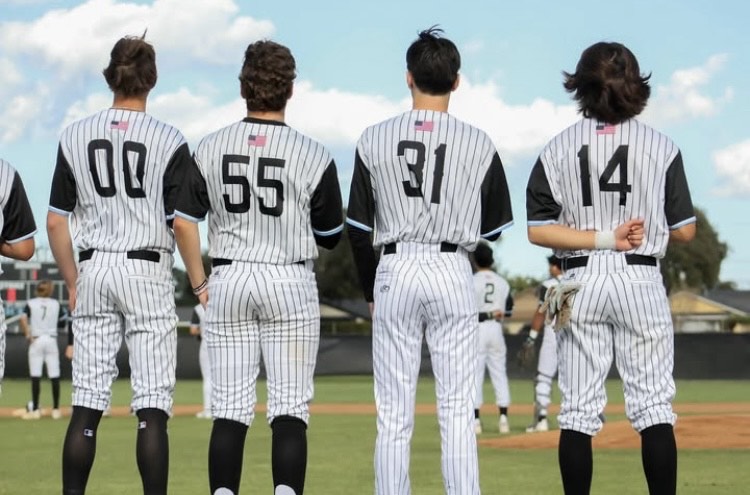


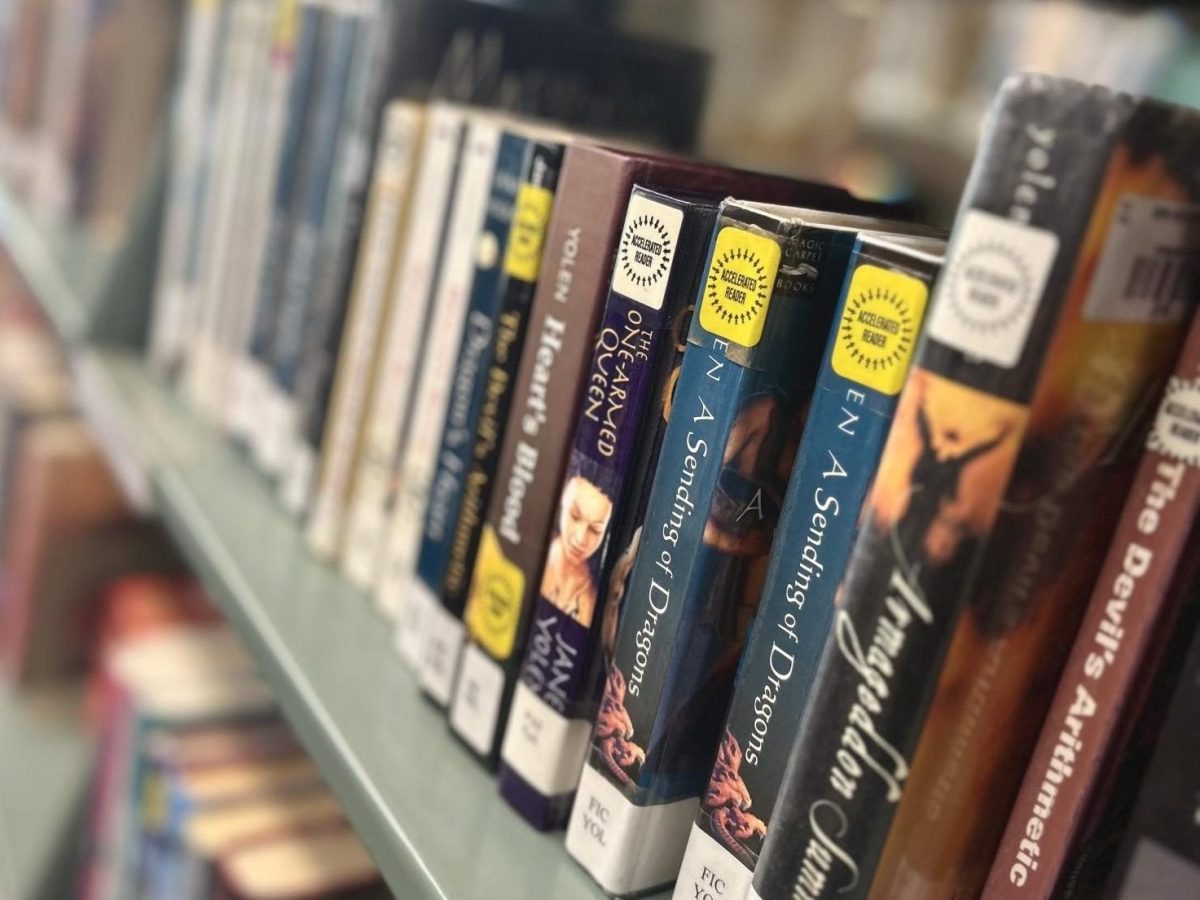


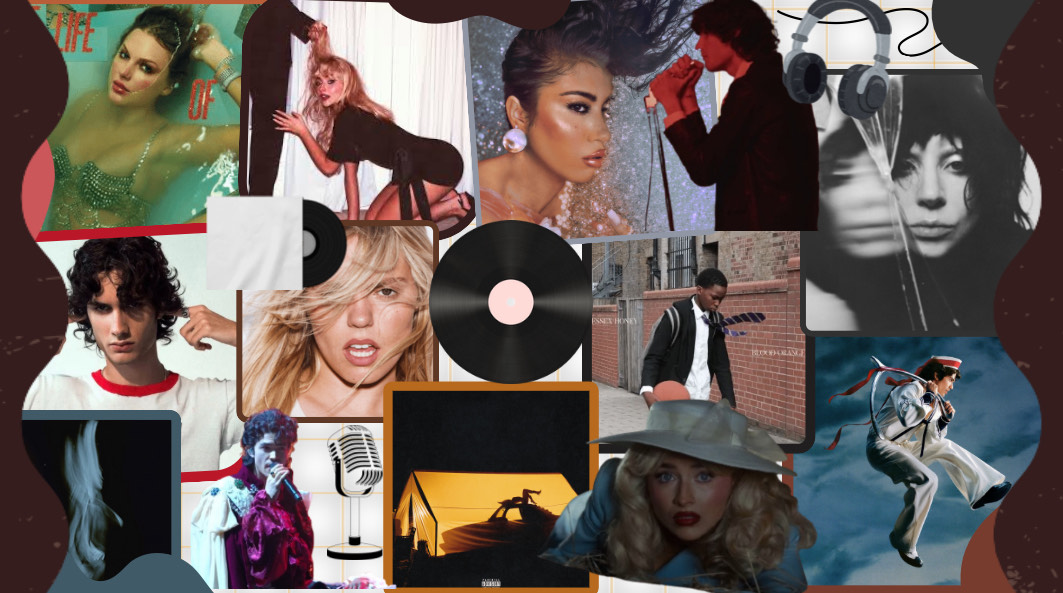



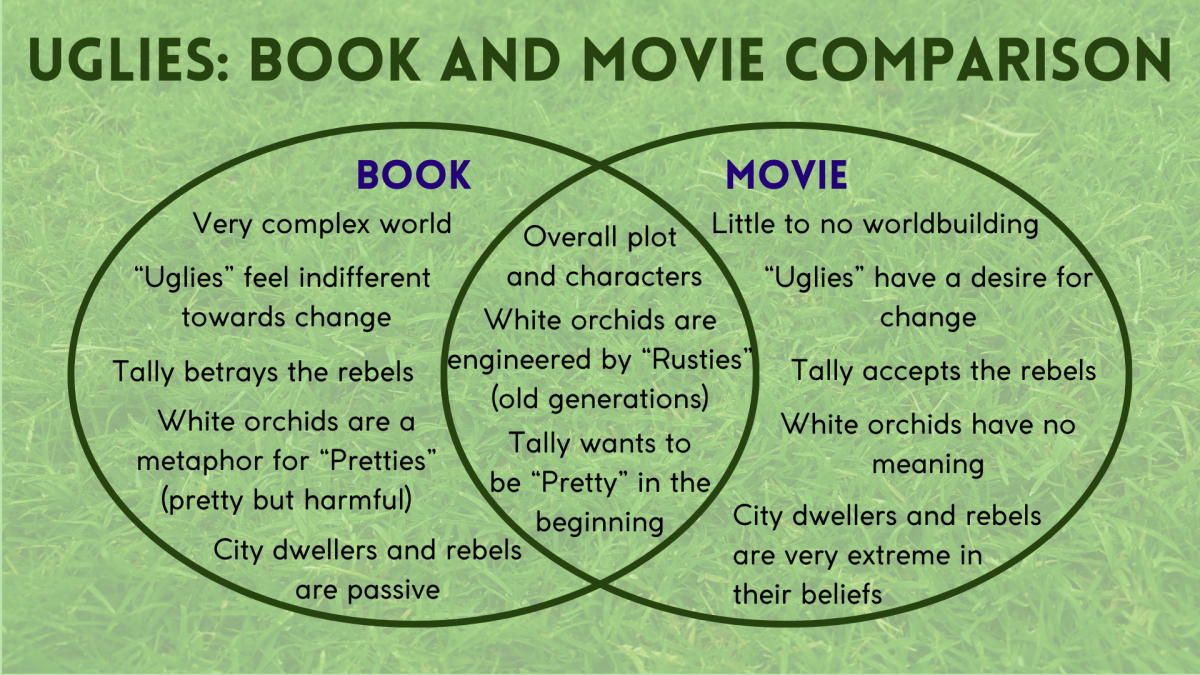
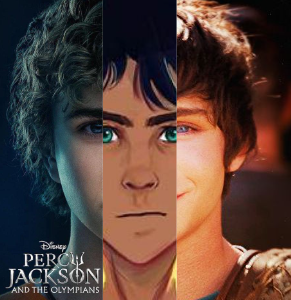
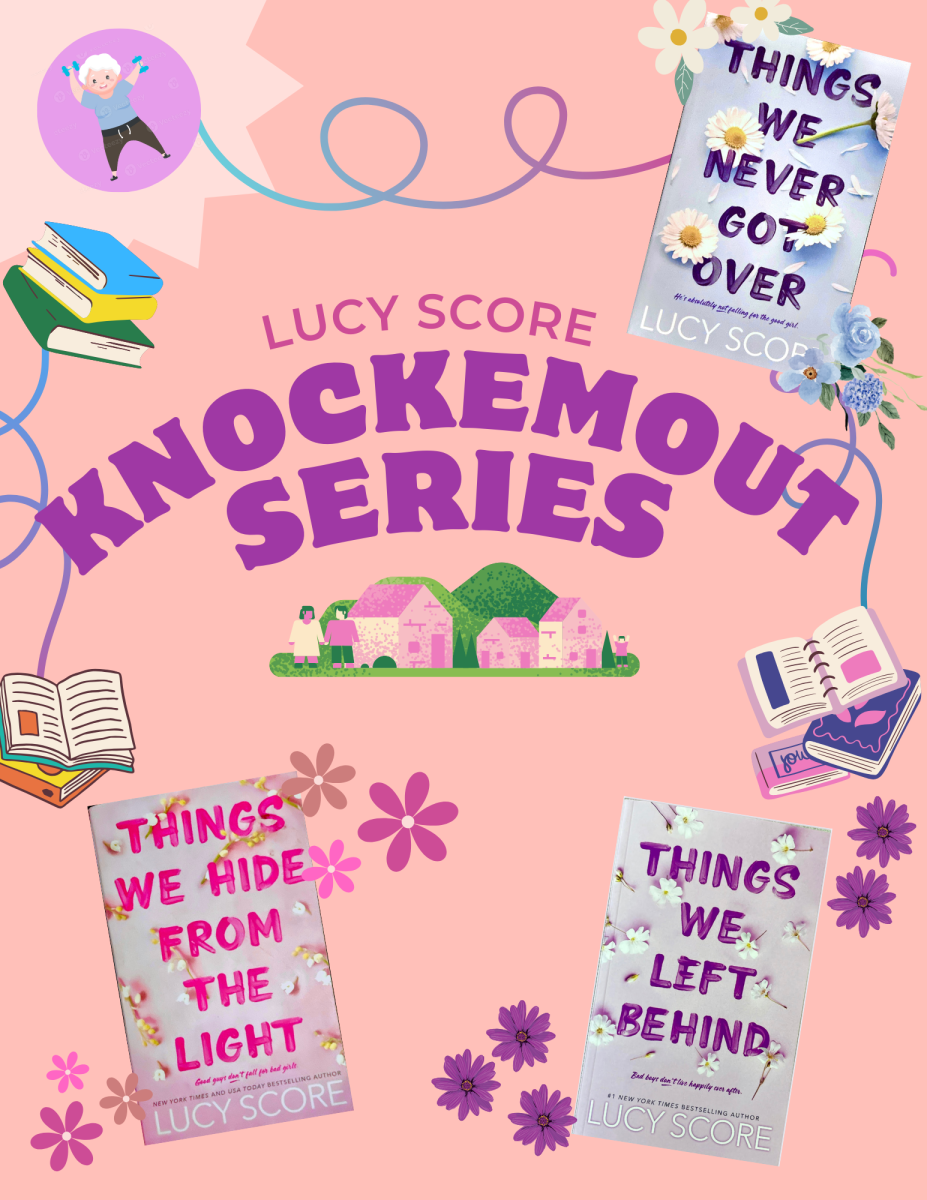
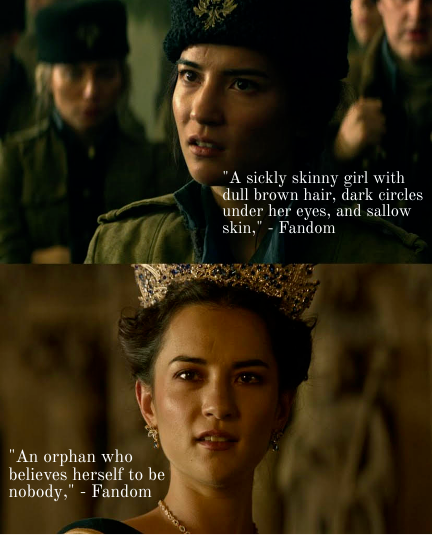


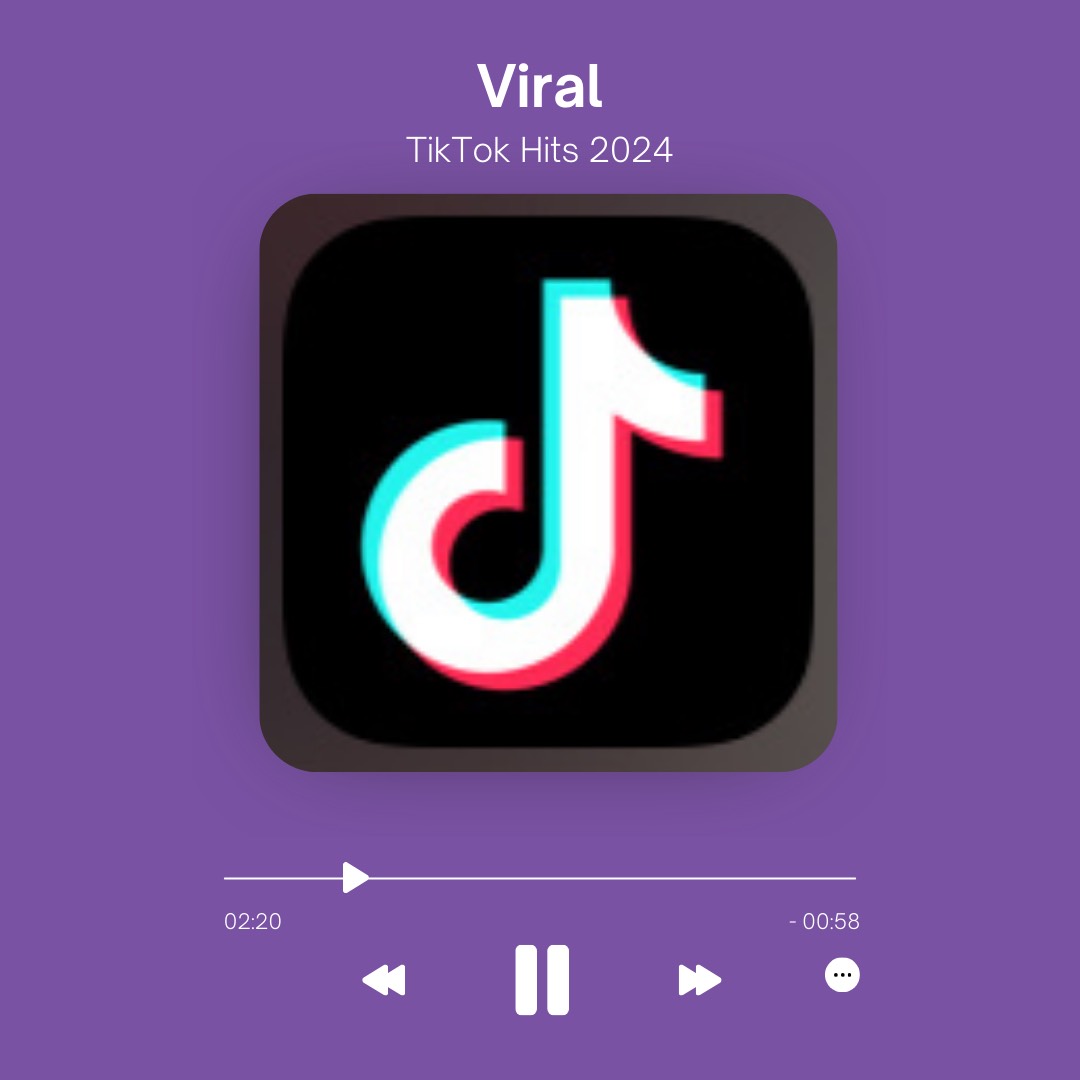
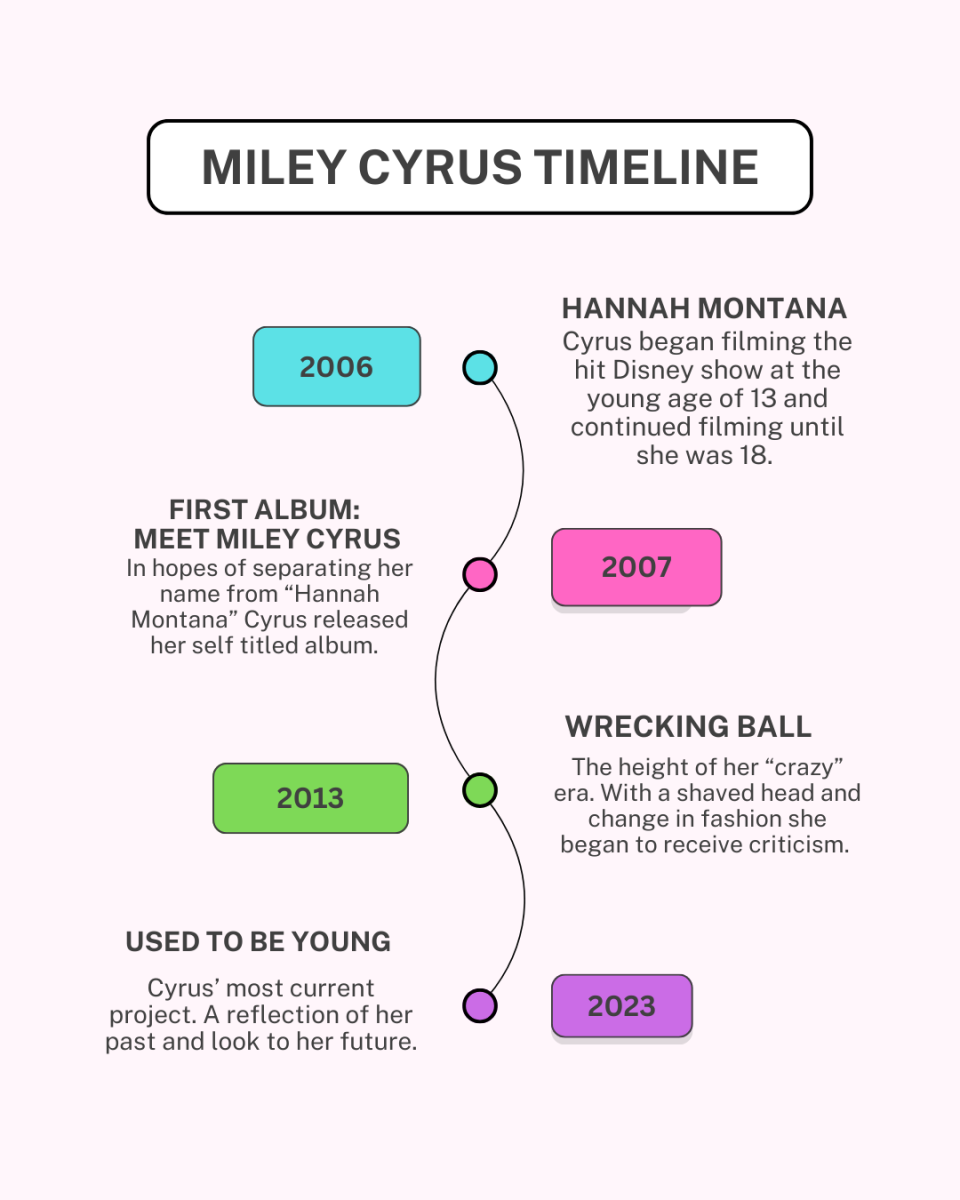
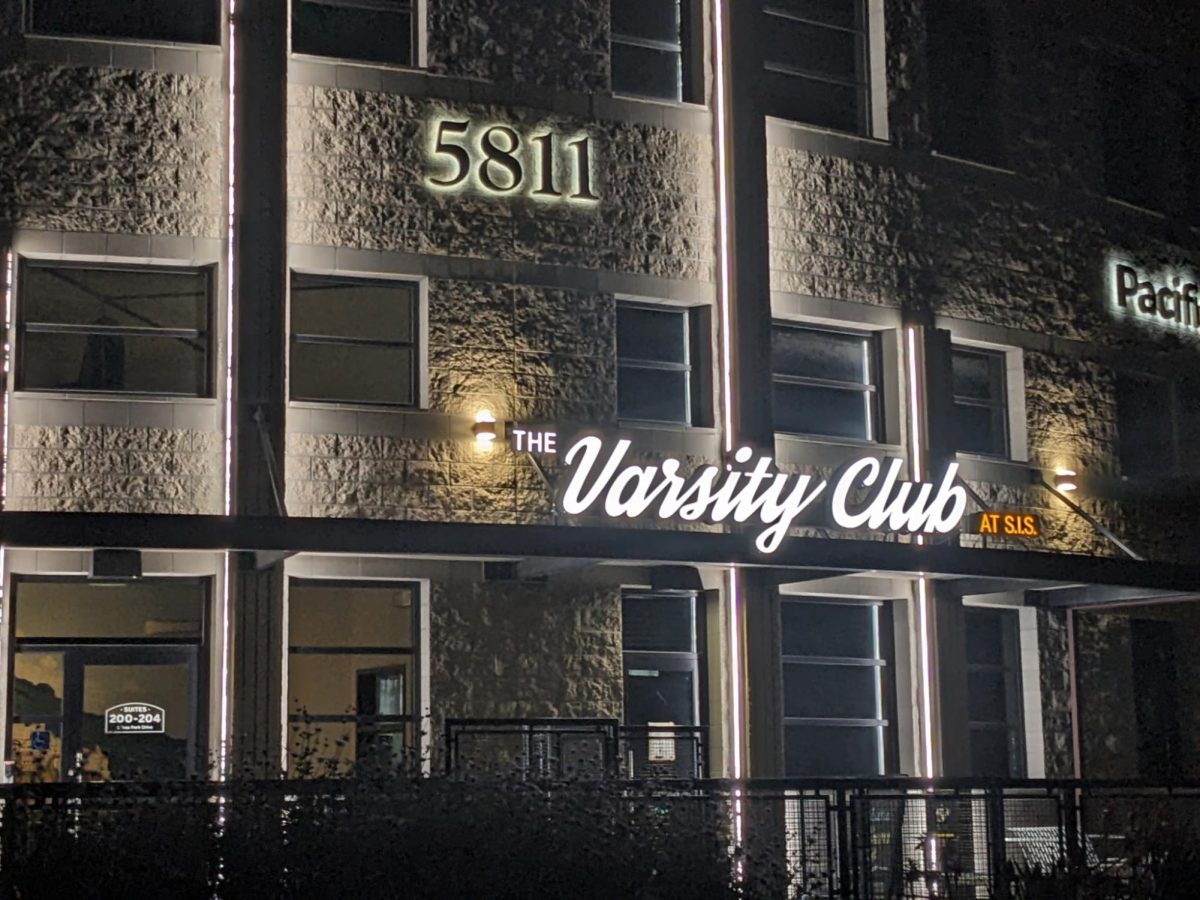


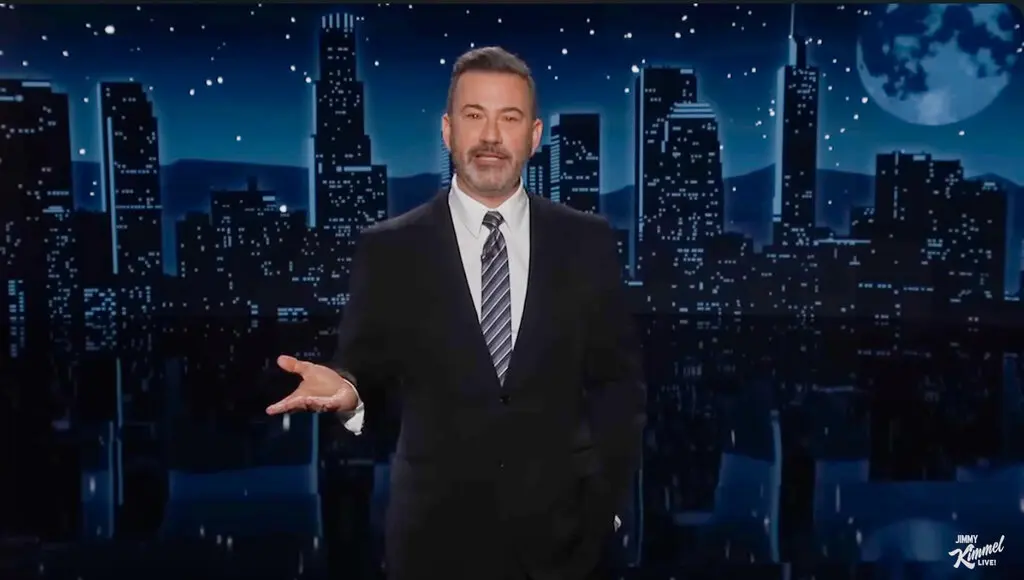

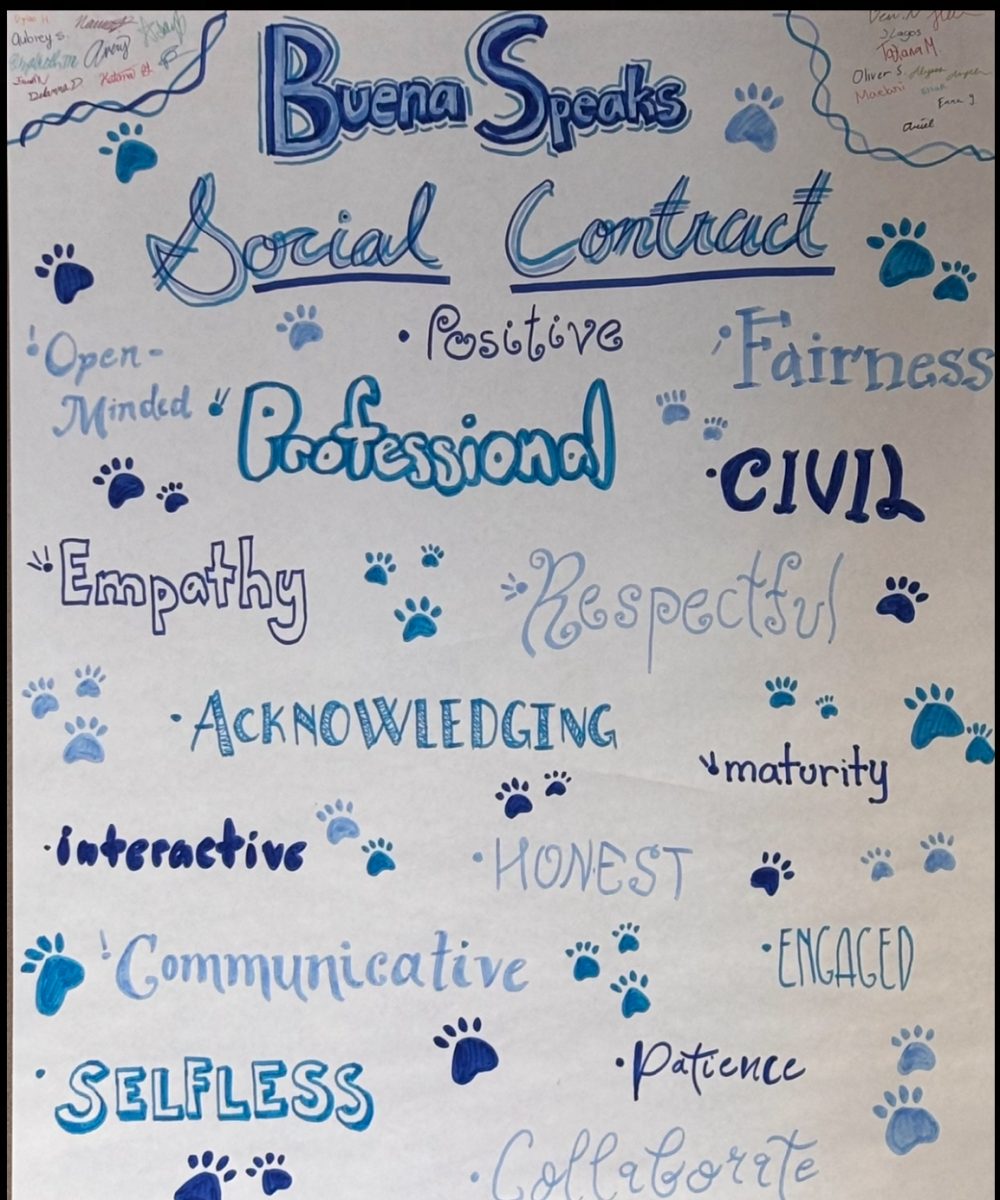

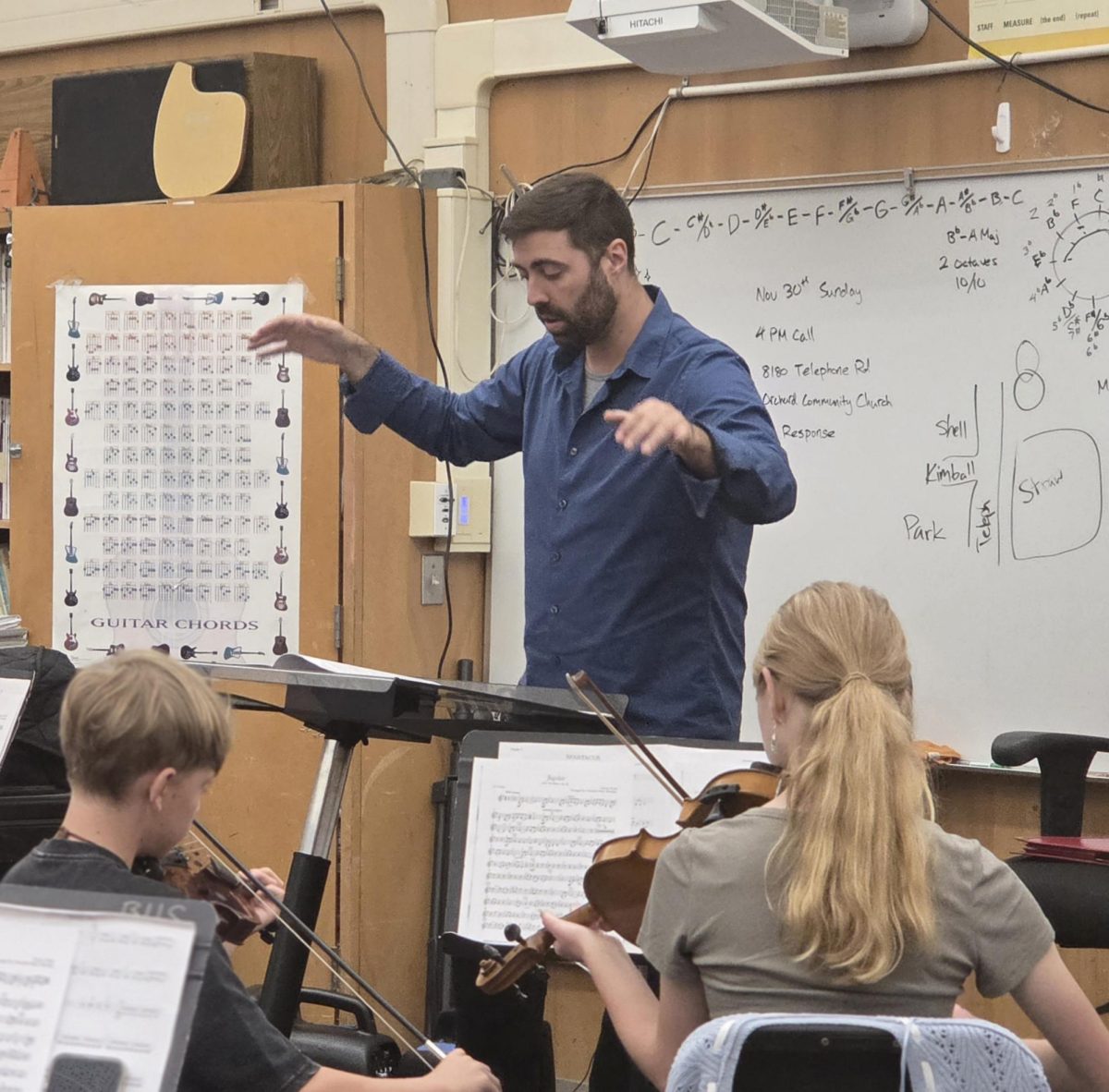


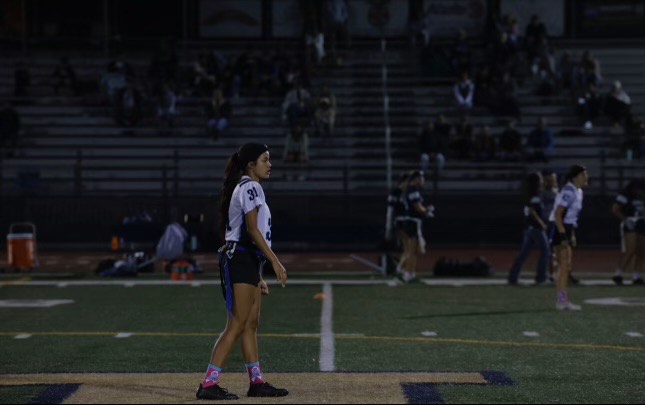



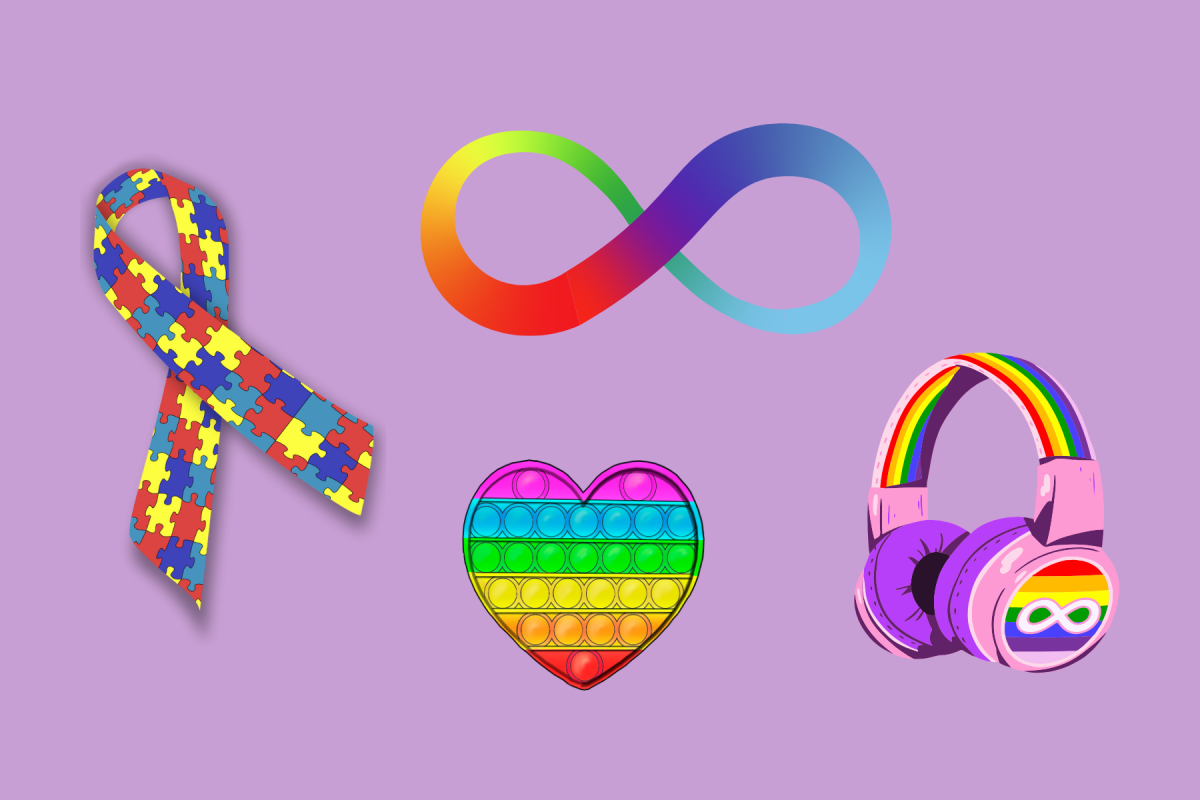
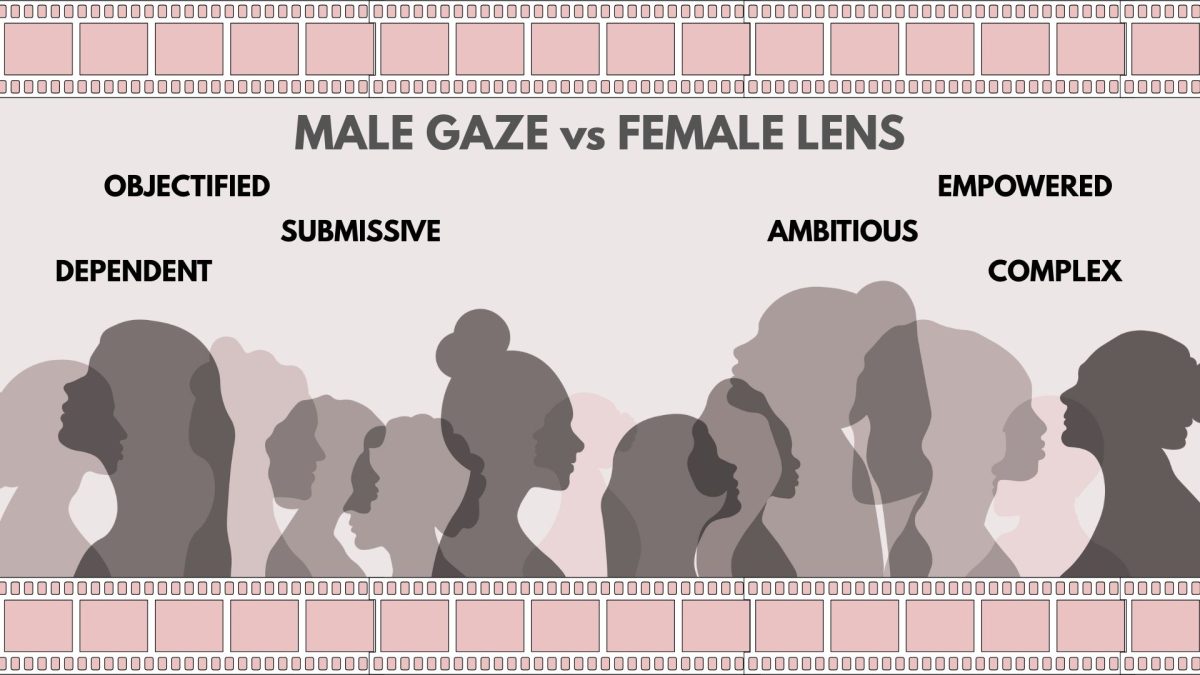

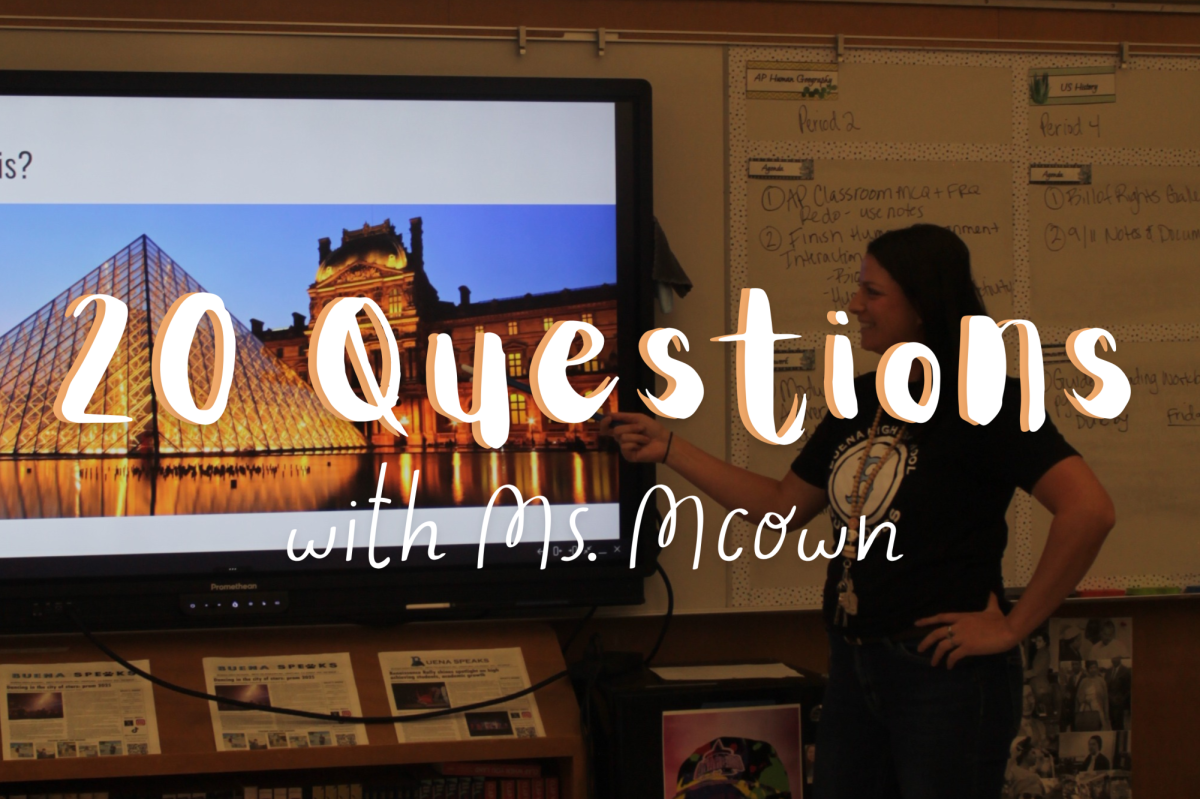
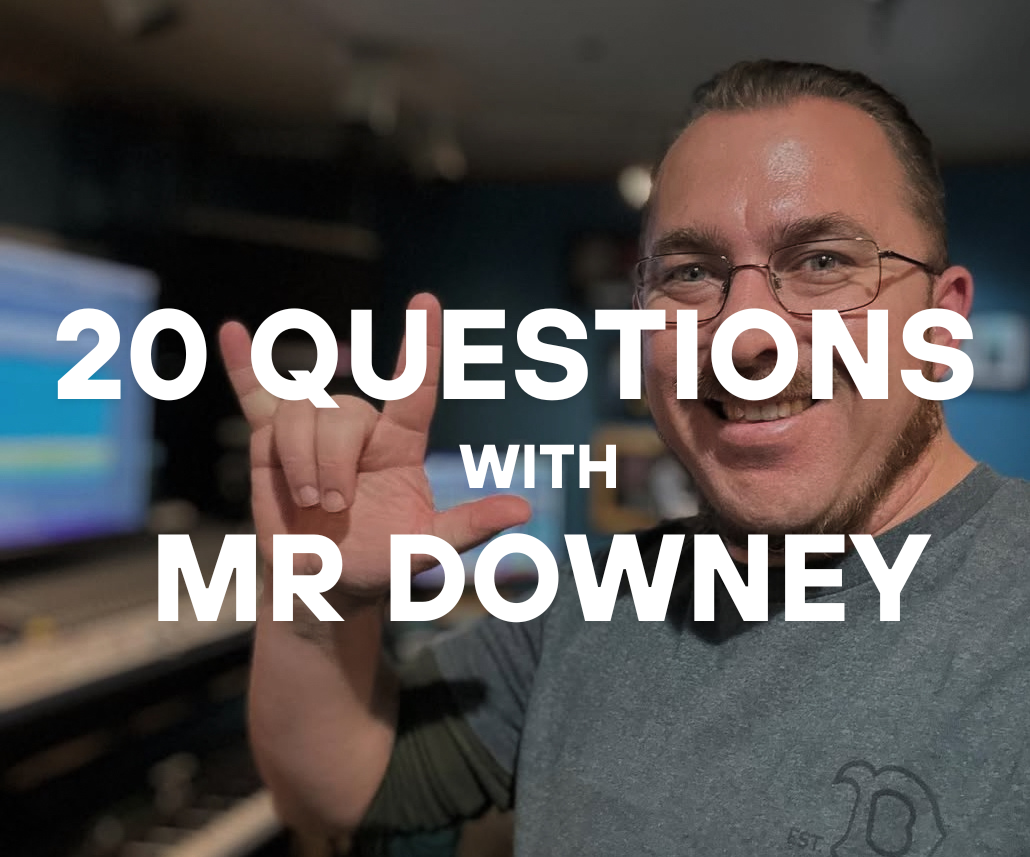





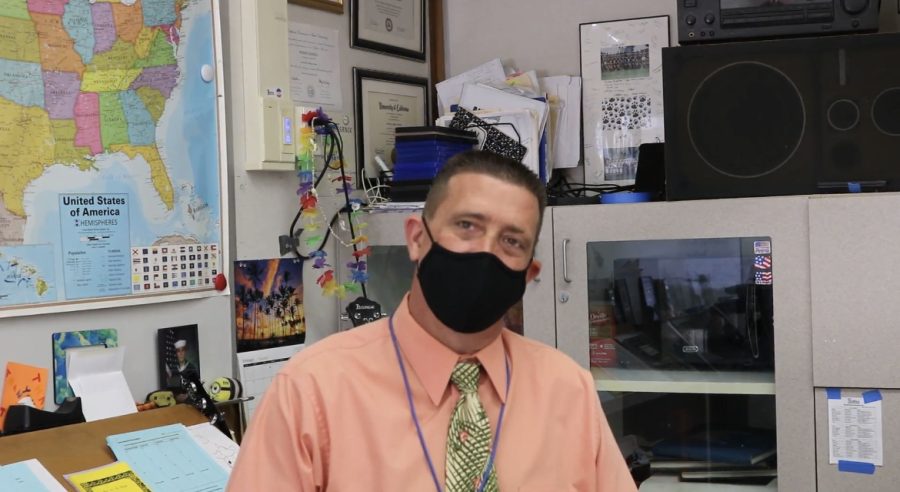

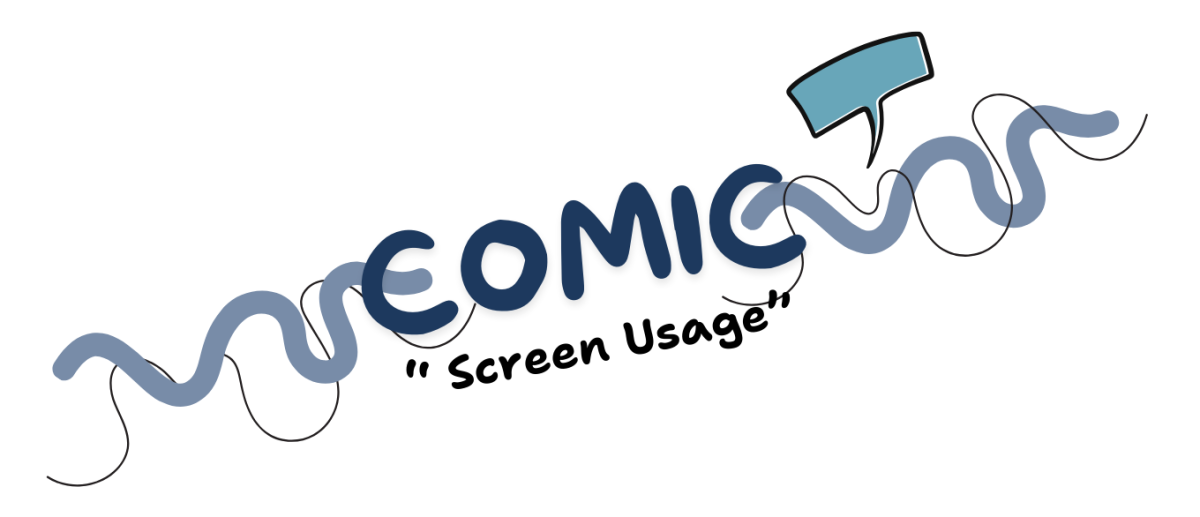

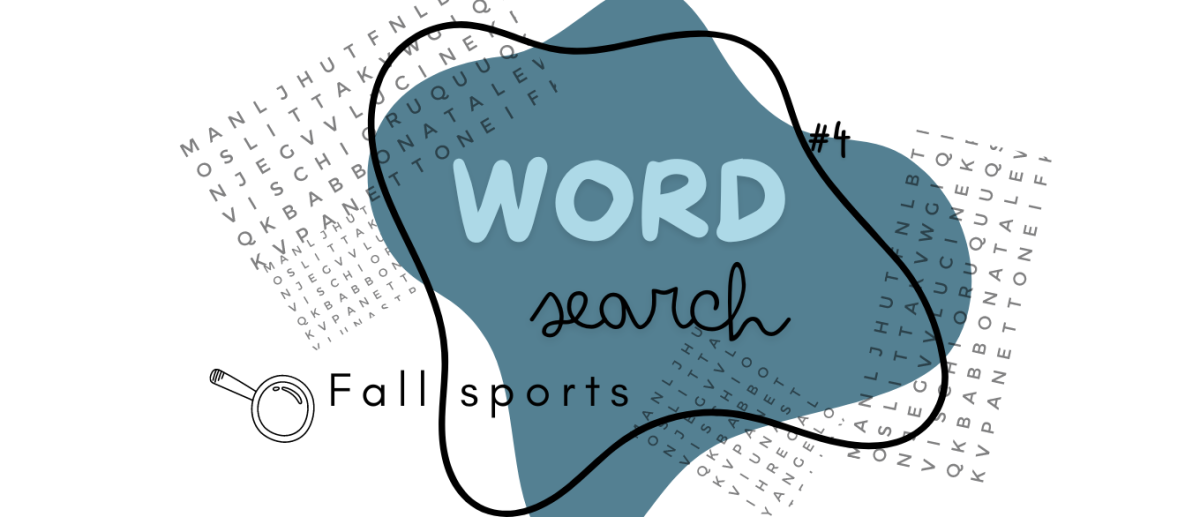

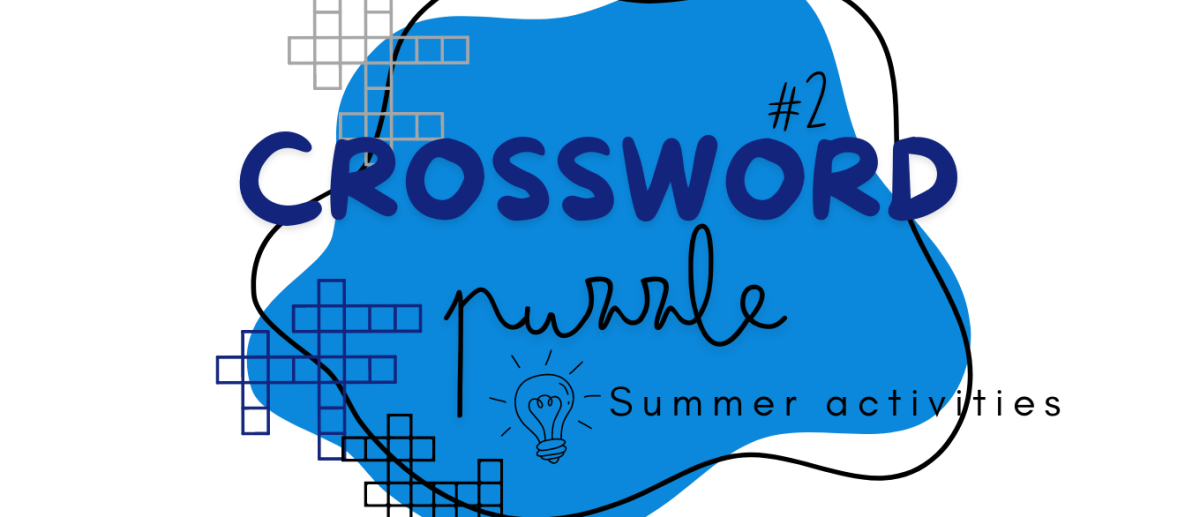


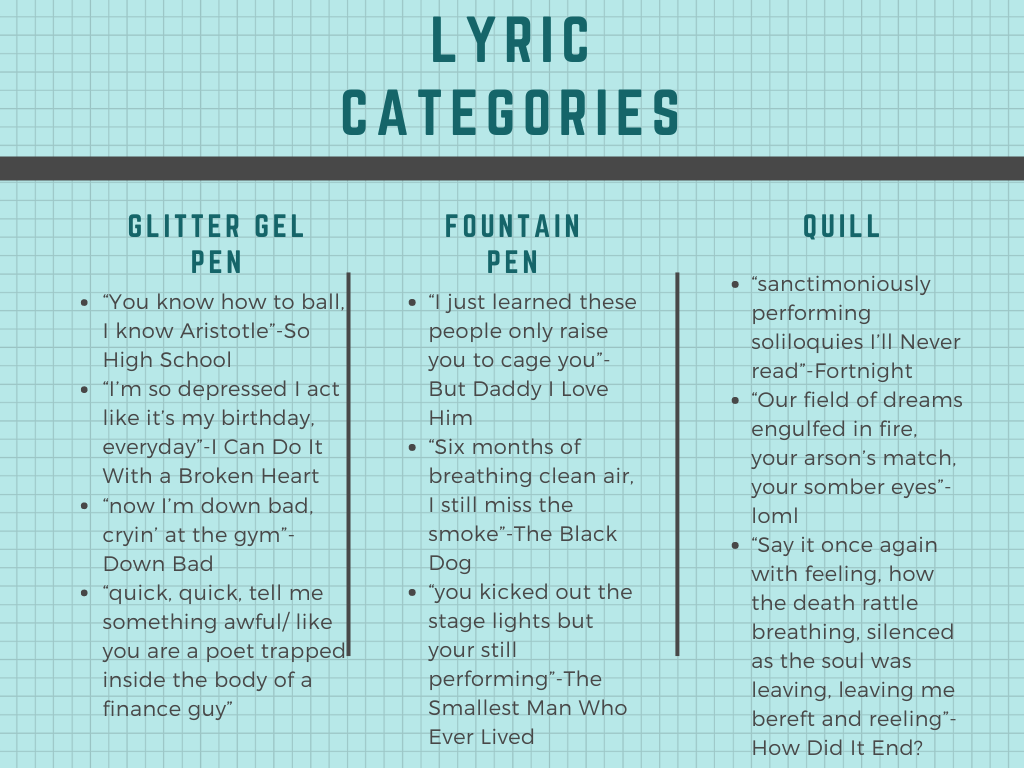
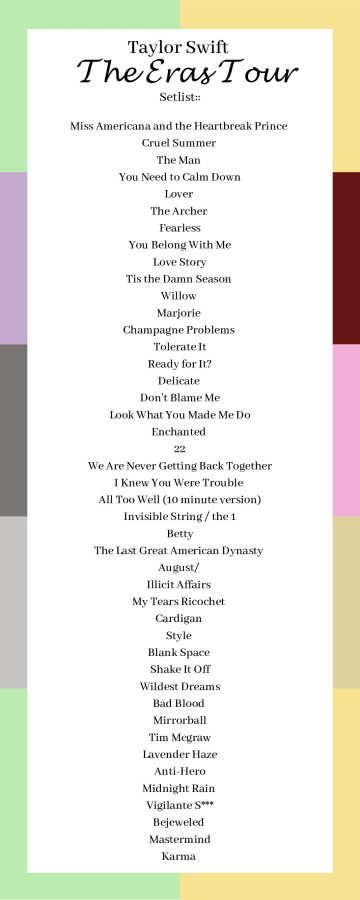
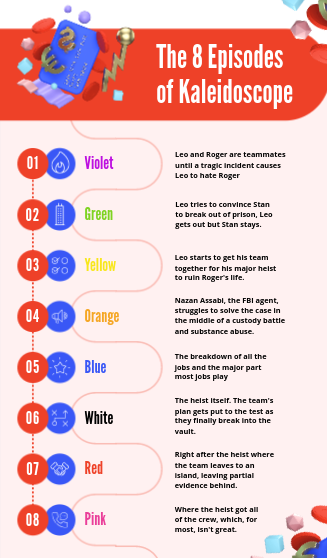


Lily Beck • May 10, 2024 at 3:05 pm
Idk, I found TTPD kind of same-y and low key tedious. Yes, Dessner does good every time, and his work is a godsend on the album, but this is just Midnights part 2. Sonically, production-wise, it all screams of her past era, and if she’s so focused on reinventing herself with every release, I really think she should’ve embraced some of Dessner’s more National-y tendencies. The highlights are the collaborations, Fortnight and Florida!!! were both highlights for sure. Florida!!!, especially, didn’t sound like a Taylor song, but a Ceremonials-type Florence and the Machine song. She also needs to branch out in terms of lyricism. “I love my baby but it didn’t work out” has been the basis for literally hundreds of songs she’s written. And I think the Anthology, though cool in concept, tanks the quality of the songs. She could’ve jam-packed the dozen or so best songs into a normal album, and almost all of my criticisms would be tempered. It’s alright, but it is far from the strongest argument toward Taylor’s poet status.